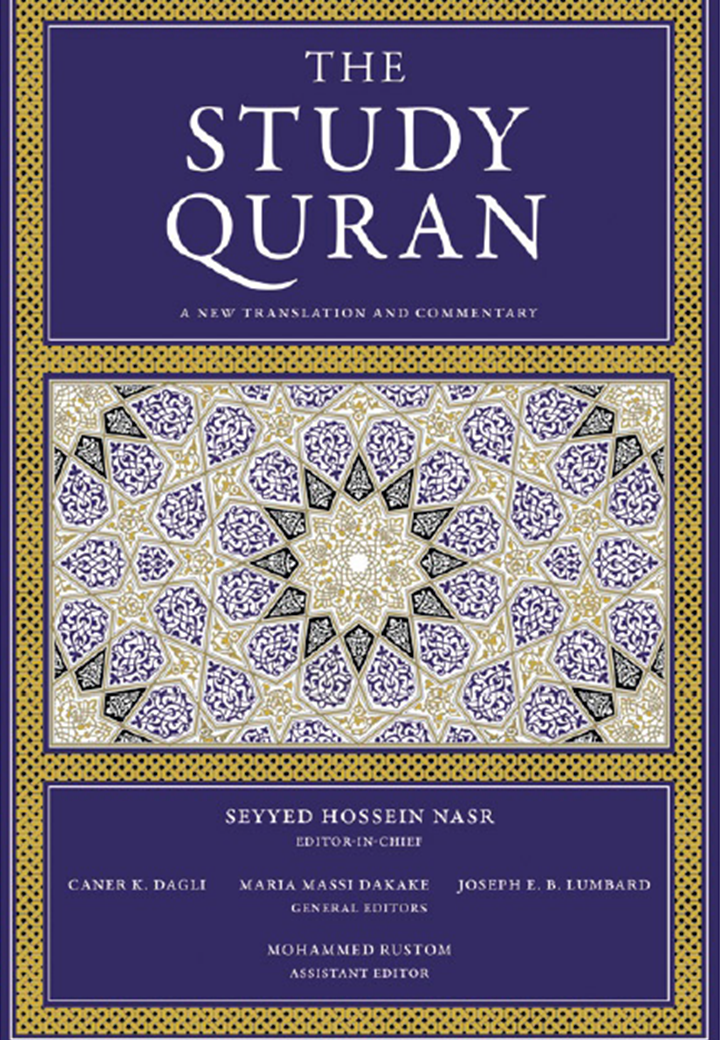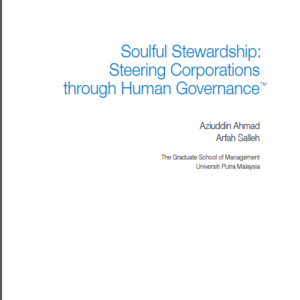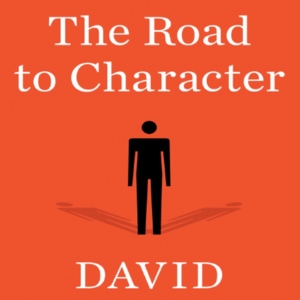Description
On The Study Quran’s English translation, Nasr writes:
We have sought to make use of the full possibilities of the English language without the pretext of wanting to be so up-to-date in word usages that our rendition would soon become out-of-date. We have also sought to be as eloquent as possible, in an effort to reflect something of the inimitable eloquence of Quranic Arabic.
The Study Quran’s commentary makes use of at least 41 traditional commentaries that represent a variety of Islamic perspectives, including Sunni and Shiite sources among them linguistic, philosophical, mystical, and historical commentaries. The book provides analysis and thorough summary of them, including in it disagreements between commentators. Its primary value has been characterized as it giving an English-speaking audience access to important commentaries which are in Persian and Arabic in a single manuscript, despite the commentaries sometimes spanning tens of volumes. It is the first edition of the Quran to combine commentaries with disparate and often conflicting interpretations in this way. The source commentaries are traditional rather than contemporary, and are dominated by Medieval works; the most recent commentators are Ibn Ashur and Tabataba’i, who both died in the 20th century.
The book also includes 15 essays written on related topics, including “How to Read the Quran”, “The Quran as Source of Islamic Law”, and “Conquest and Conversion, War and Peace in the Quran”. The essay topics were selected by Nasr and written by a variety of contributors.






